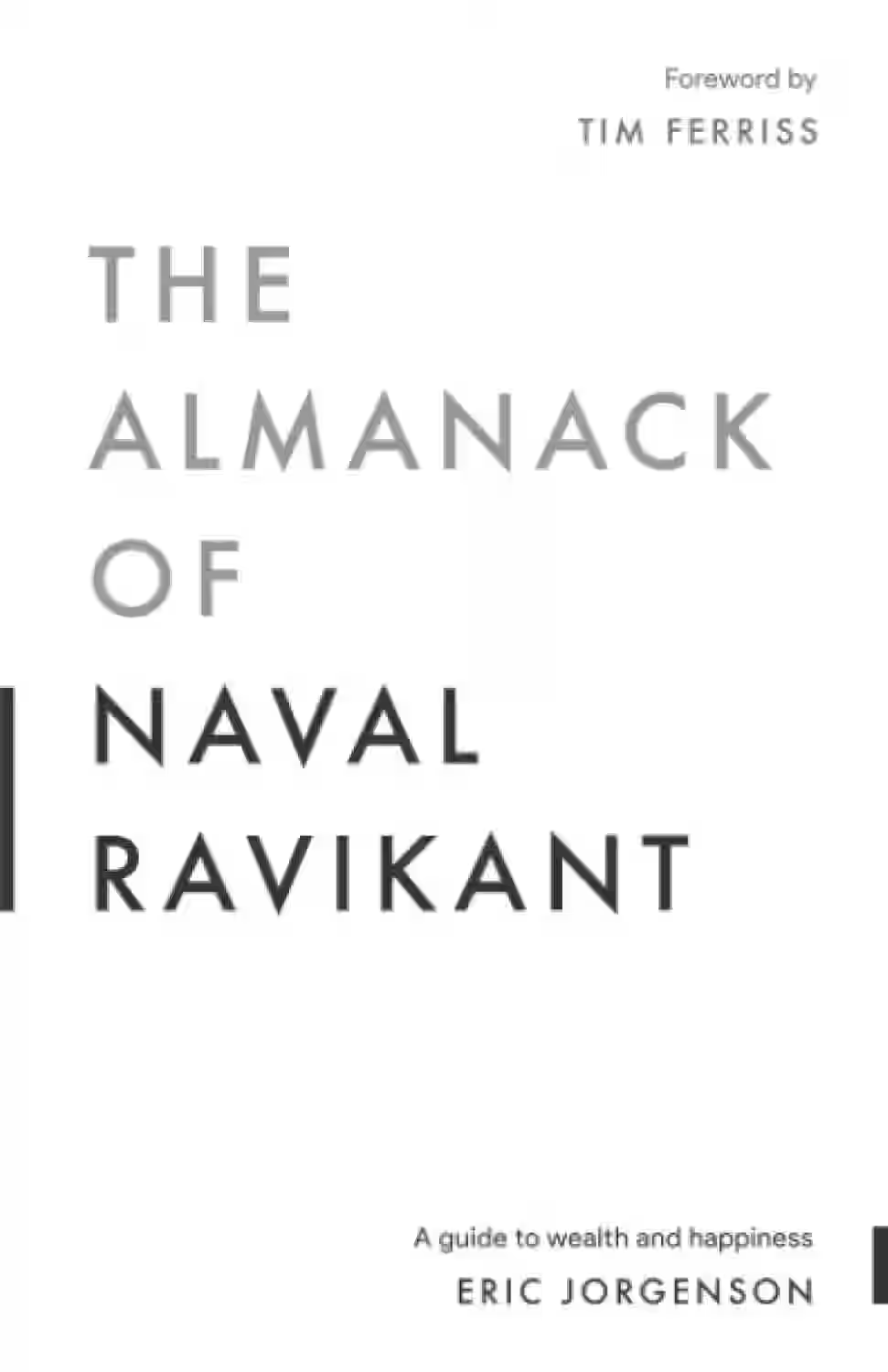
This curated guide distills Naval Ravikant’s wisdom on wealth, happiness, and self-improvement, drawn from his tweets, podcasts, and essays. It blends philosophy, mental models, and practical advice for living a rich life—both materially and emotionally. The Almanack encourages clear thinking, long-term decision-making, and personal freedom, becoming a go-to for entrepreneurs and thinkers.
About Eric Jorgenson
An American author, entrepreneur, and thinker, known for his book The Almanack of Naval Ravikant, which synthesizes the wisdom of entrepreneur and investor Naval Ravikant on wealth and happiness. Jorgenson's work focuses on distilling complex ideas into actionable insights related to building leverage, mental models, and achieving freedom. His accessible writing makes profound business and life philosophies understandable for a broad audience.
About Jack Butcher
An American designer and entrepreneur, widely recognized for his brand "Visualize Value," which transforms complex business and self-improvement concepts into simple, impactful visual graphics and short, pithy statements. Butcher's work focuses on clarity, leverage, and building valuable skills. He distills abstract ideas into memorable visuals, helping individuals understand and apply principles for creating wealth, improving productivity, and achieving personal growth.
About Tim Ferriss
An American entrepreneur, author, and podcaster, renowned for his focus on "lifestyle design," productivity, and deconstructing success. His bestselling books, including The 4-Hour Workweek and Tools of Titans, offer unconventional strategies for optimizing performance, learning new skills, and achieving financial and personal freedom. Ferriss's experimental approach and emphasis on effectiveness have made him a leading figure in the self-improvement and entrepreneurship spaces.
Other Books by Eric Jorgenson, Jack Butcher, Tim Ferriss
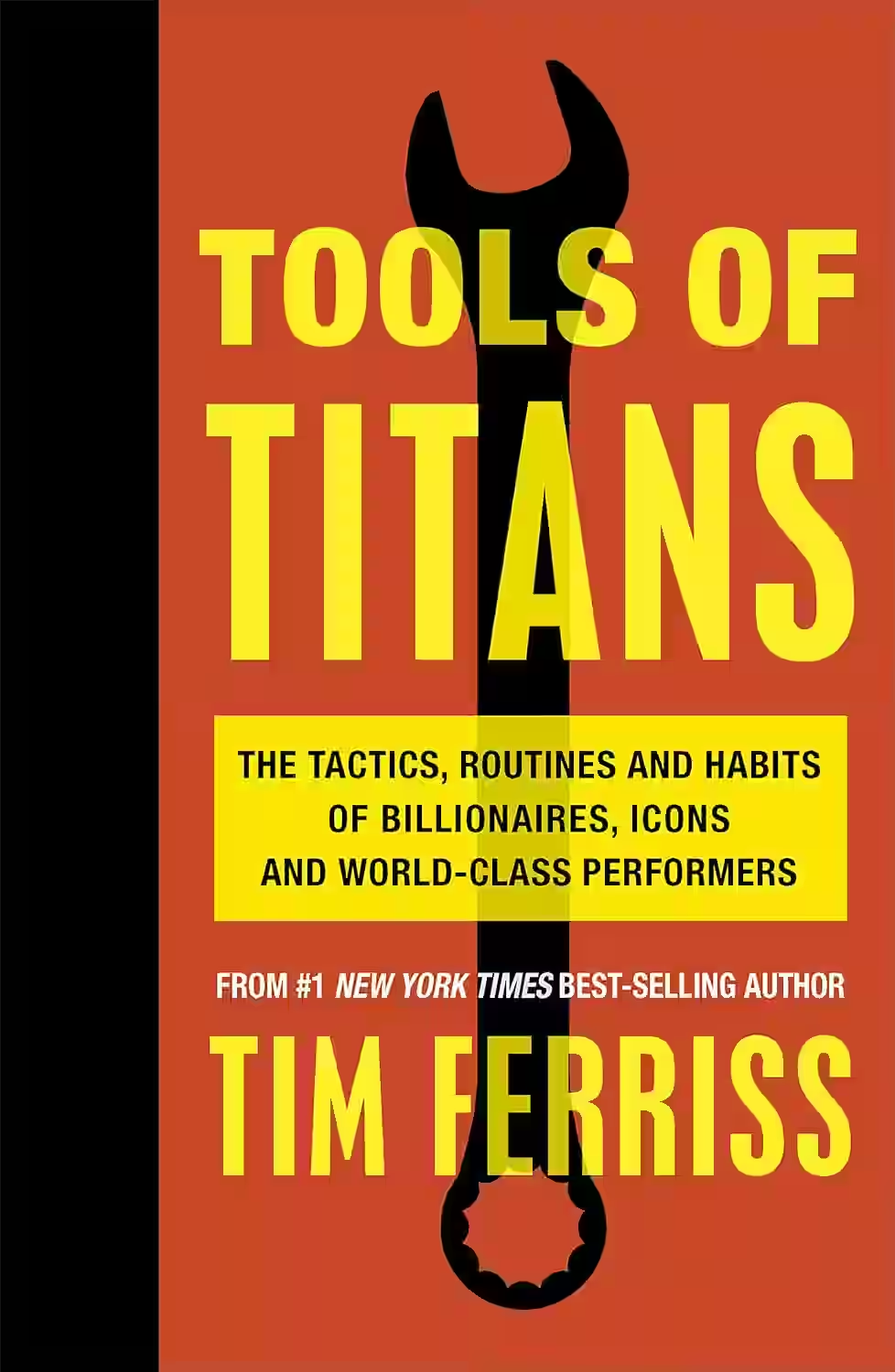
Tools of Titans
by Tim Ferriss
Based on his popular podcast The Tim Ferriss Show, this book compiles insights, habits, and tactics from top performers across business, sports, health, and entertainment. Divided into sections on health, wealth, and wisdom, Tools of Titans offers practical takeaways and life hacks. It’s a massive resource for anyone seeking self-optimization, personal growth, or unconventional strategies for success.
Similar Books

Everything Is Figureoutable
by Marie Forleo
In 'Everything Is Figureoutable,' Marie Forleo delivers an empowering guide that encourages readers to transform their mindset and approach challenges with a can-do attitude. The book is rooted in the simple yet profound belief that every problem can be solved with a strong will and a resourceful mindset. Combining personal anecdotes, actionable advice, and practical exercises, Forleo demystifies common life obstacles and offers a blueprint for cultivating resilience and creativity. Her engaging writing style, coupled with her personal insights, makes the book both inspirational and accessible. Ideal for anyone looking to break through barriers and achieve personal and professional growth.
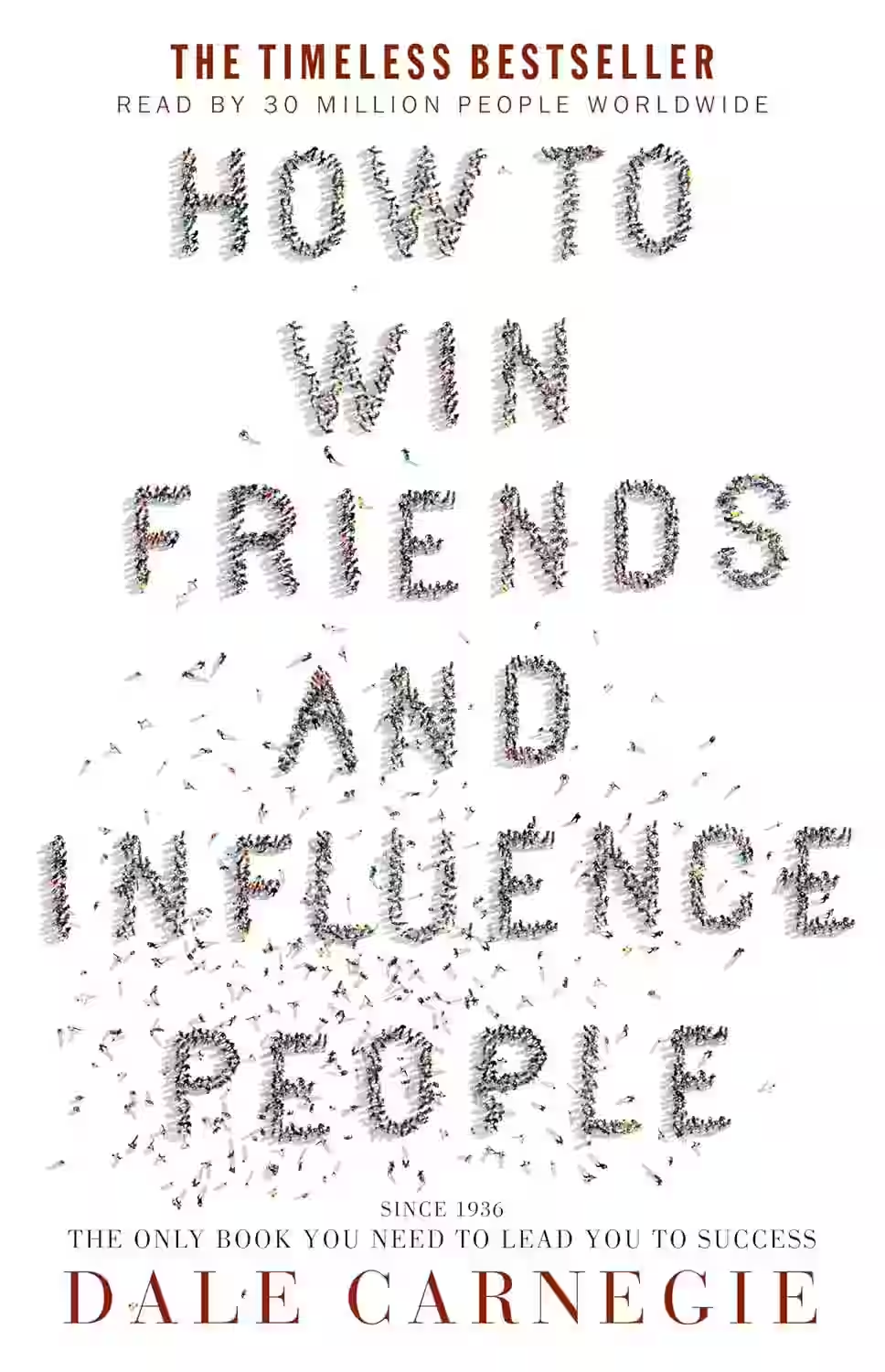
How to Win Friends and Influence People
About the Author Dale Carnegie (November 24, 1888 -- November 1, 1955) was a celebrated American author and self-improvement guru. Born in poverty on a farm in Missouri, he built himself a successful career as a traveling salesman before moving on to teach public speaking at a New York YMCA in 1912. His course was a hit, and within two years he had moved out of the YMCA and founded the Dale Carnegie Institute to accommodate the huge demand for his classes. His 1936 book HOW TO WIN FRIENDS AND INFLUENCE PEOPLE was a global bestseller, selling almost 5 million copies during his lifetime and becoming a staple of business curriculums around the world.
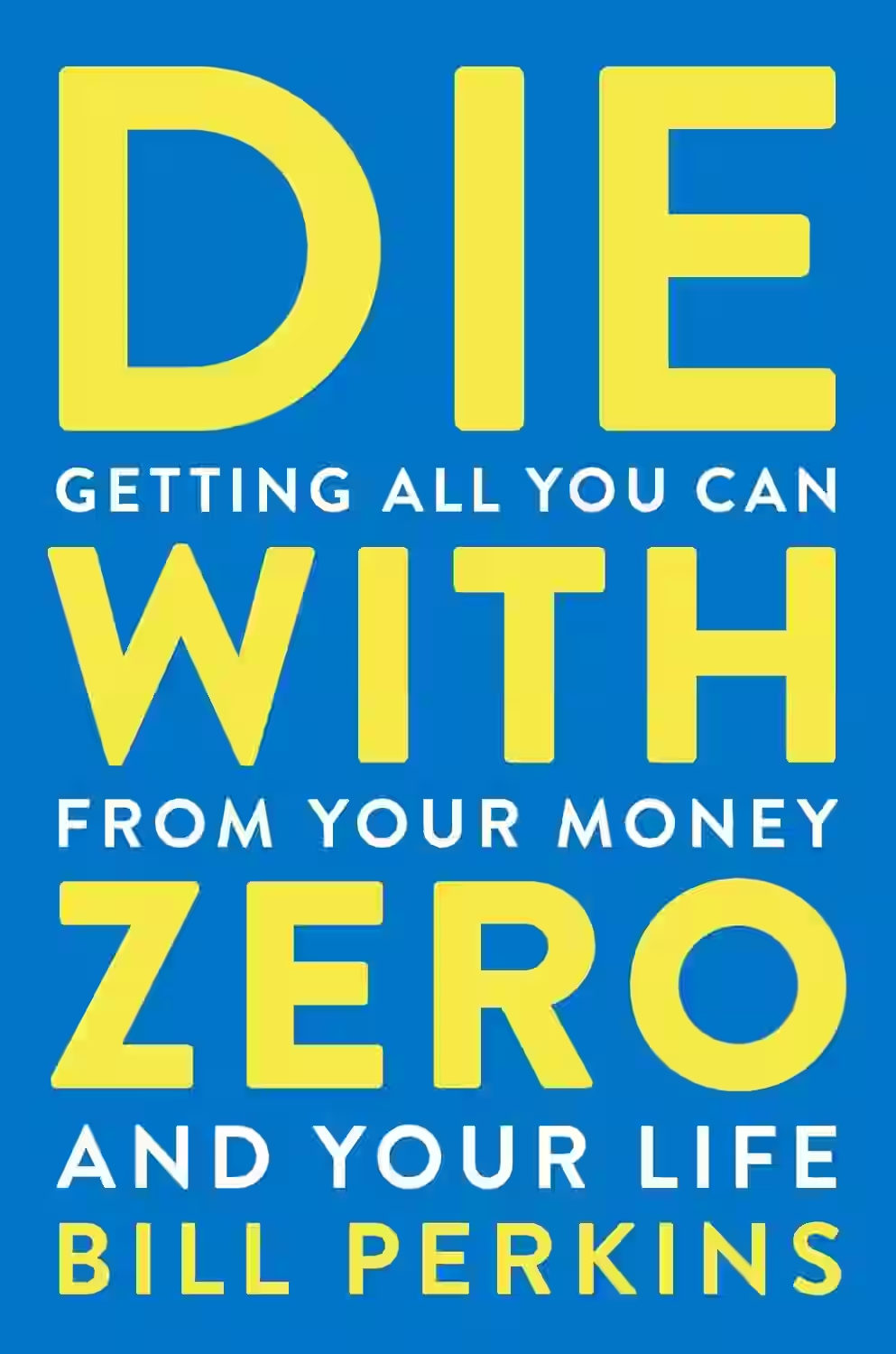
Die With Zero
by Pill Perkins
In 'Die with Zero' by Bill Perkins, readers are taken on a thought-provoking journey challenging the traditional concept of saving money for old age. The author argues that instead of leaving an inheritance, individuals should spend their money and time on experiences that bring them joy and fulfillment. Through a combination of financial strategies and philosophical reflections, Perkins presents a compelling case for living life to the fullest now, rather than deferring enjoyment for later. This book encourages readers to reassess their priorities, shift their mindset about wealth, and embrace a more present-focused approach to living. 'Die with Zero' sparks important conversations about legacy, happiness, and financial planning.
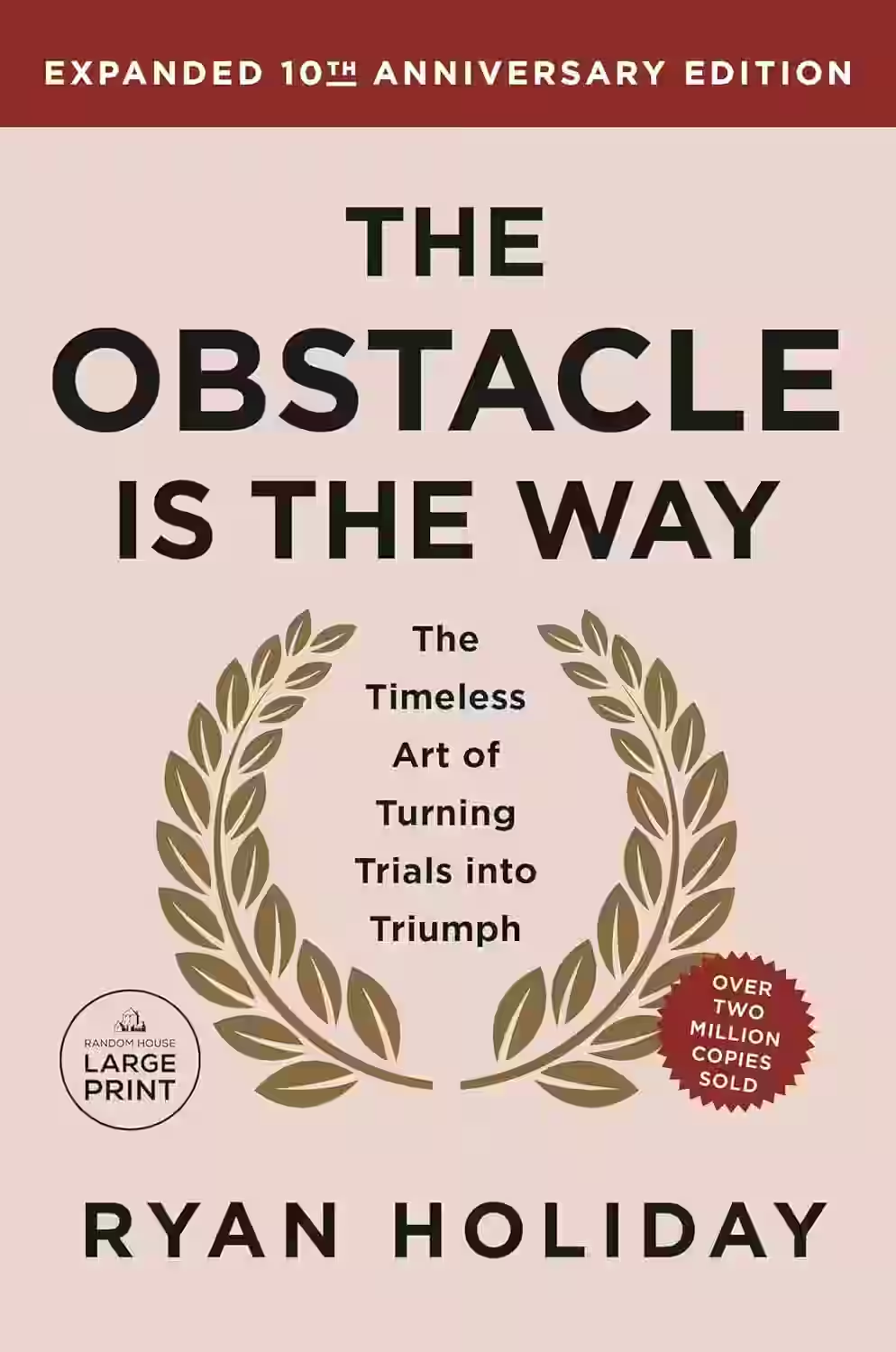
The Obstacle Is the Way
by Ryan Holiday
Based on the principles of Stoic philosophy, The Obstacle Is the Way teaches readers to transform adversity into advantage. Drawing from historical examples—from Marcus Aurelius to modern leaders—Holiday outlines a framework of perception, action, and will. His central idea: challenges are not obstacles to success, but the path itself. Through discipline, patience, and perspective, setbacks become fuel for growth. Written in a clear, concise style, the book is both motivational and practical. It has gained a wide following among athletes, entrepreneurs, and creatives seeking mental resilience and focus in the face of hardship.